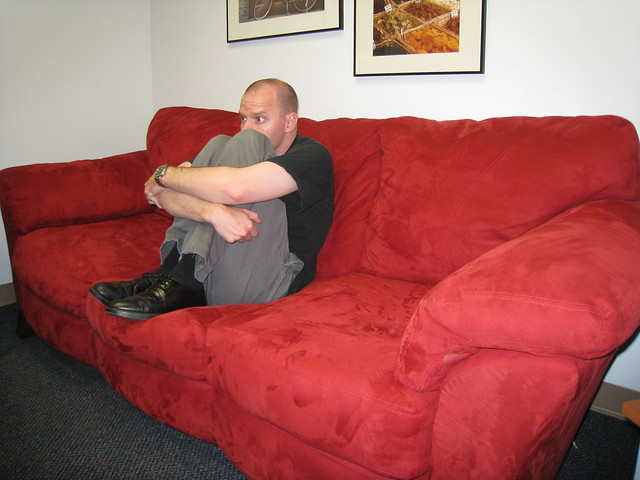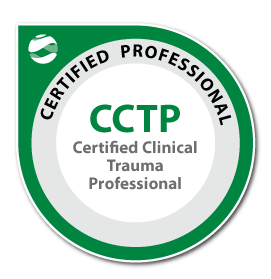Peak Inside a Chicago Psychotherapy Session
One of the biggest questions many of my Chicago psychotherapy clients ask when they first consider using my services is ‘what happens during a typical therapy session.’ They have heard so much about what psychotherapy is and is not that they are just not sure how it works.
That is why today we want to discuss what happens during a session, and provide you with an understanding of why these steps happen during each session.
Breaking down a Typical Psychotherapy Session in my Chicago office
First, I need to understand how I can help you. Psychotherapy uses scientifically proven ideas for helping people manage their lives and emotions. To do this, I want to understand how I can help you in future sessions.
That is why the first session is more exploratory as we discuss the challenges you are facing. After all, how can help if we do not know where to begin?
Keep in mind that all sessions happen in a comfortable and safe setting. You are not required to disclose information that you feel is too personal.
Second, to help you, you need to understand more about how psychotherapy works.
Now that we have a solid foundation, we want to go through some of the treatments options we believe can be effective in helping you. The treatments we choose are based on your experiences, but the process is grounded in an abundance of research and clinical experience.
You might have heard of the names of some of these treatments before. Here are three common techniques.
- Cognitive Behavior Therapy- This technique helps you influence your behaviors on a regular basis by shifting your beliefs about yourself.
- Interpersonal-Another strategy is to focus on the relationships that might be symptomatic of larger challenges in your life. Often part of treating you is to help heal rifts that develop in relationships with family and friends.
- Talk therapy-A major component of psychotherapy is talking. Therefore, talk therapy can help you discuss your challenges, so you can learn more about yourself and find solutions to your challenges.
Third, what is required of you? Going to therapy does not mean you walk into the office and snap your fingers to make it better. It is a process that requires both you and us to work together to improve the quality of your life.
That is why I give patients tasks to focus on between sessions. We can only cover so much during our therapy sessions.
When you walk out that door, you need to be able to apply these principles to your everyday scenarios. That is why you can have access to a number of different tools to help you cope with life in between the sessions.
It is also why the most important part of your success is you. The more you actively use these principles with everything you do, the more you can feel at one with your success.
Fourth, be open to change. Therapy is about opening yourself up to changing your limiting beliefs about yourself and the world.
To do that, you must be open to those changes. Otherwise, you cannot make the breakthroughs you need to improve your mental state.
Fifth, learn about yourself. When you are open to change, you can then take the hardest step to move forward. The one where you examine your life and who you are.
It is a critical piece of improving your mental and spiritual well-being. The more
you understand yourself, the more confidently you can handle any situation that arises.
You can also appreciate all of the good qualities you have in your life. To truly appreciate how amazing you are, you need to understand who you are. Final Thoughts
A lot of different information exists about what goes on in a therapy session. The truth is that it is a conversation with a professional who can guide you to a better you.
That is what our Chicago psychotherapy office has been doing for the past 30 years, and how we plan to help you in our next session. If you have an open mind, and are interested in improving yourself then give us a call at 847-824-8366.




